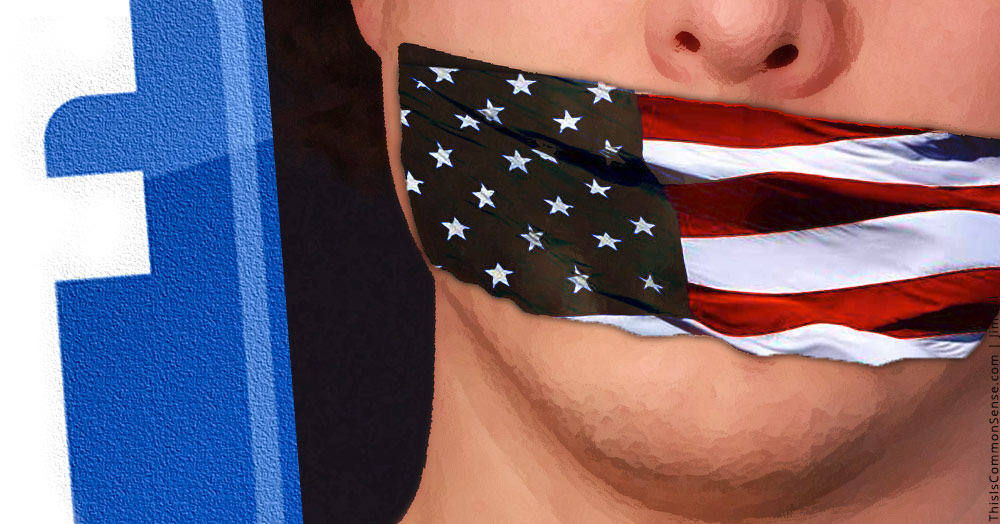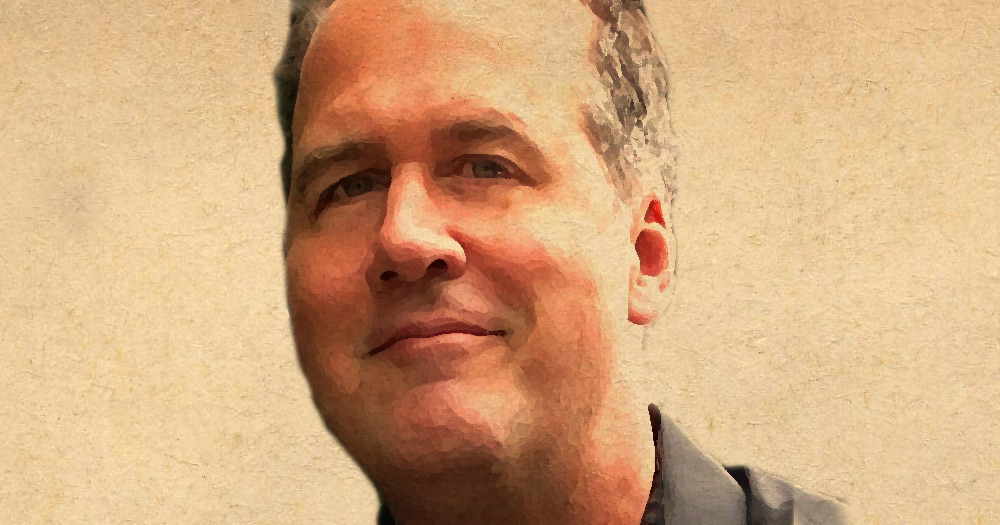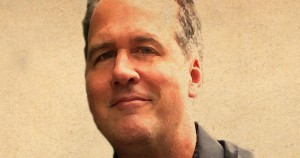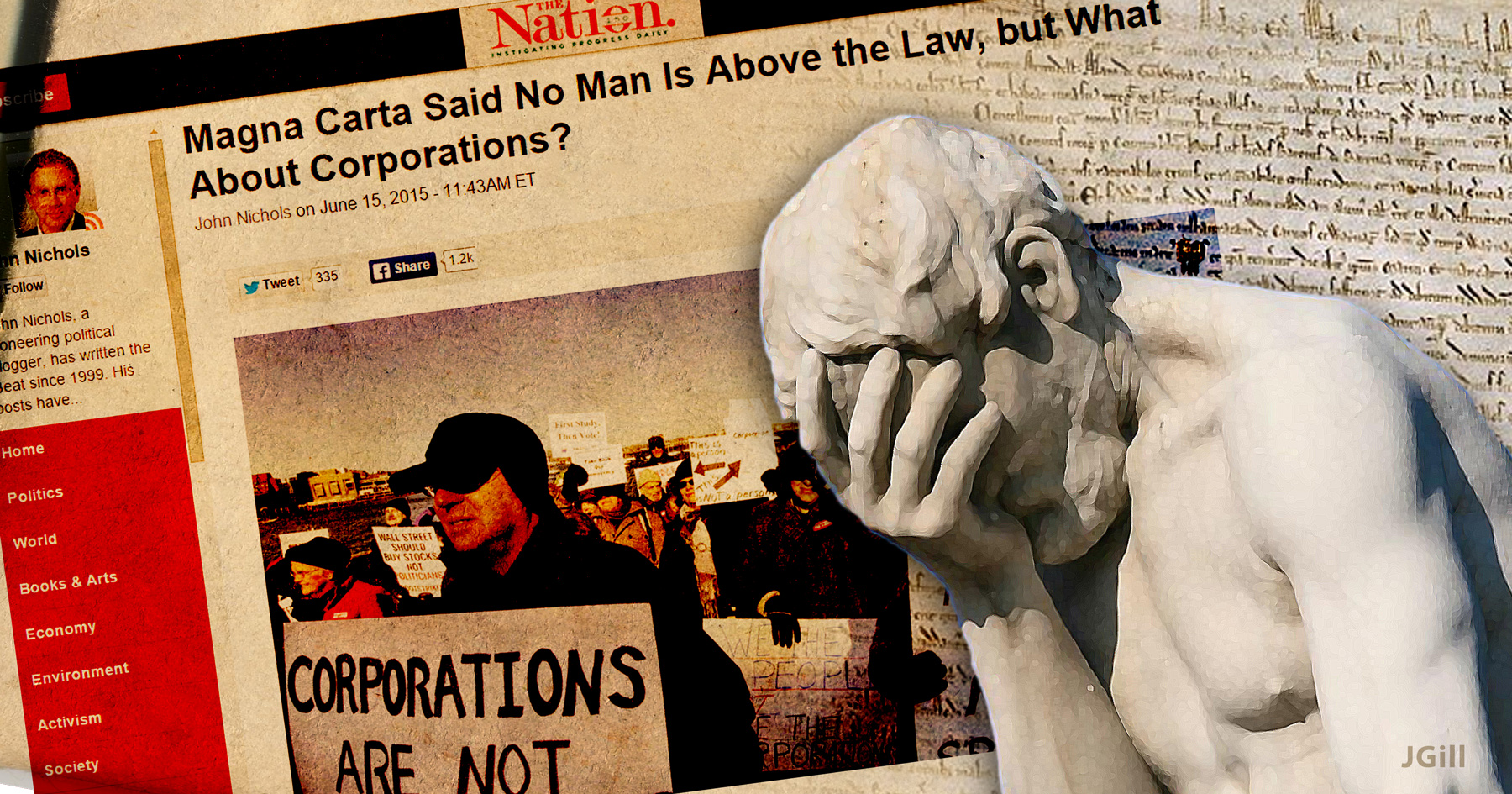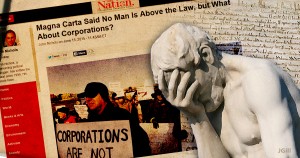Though skipping Iowa and New Hampshire, Michael Bloomberg’s advertisements are ubiquitous on television and YouTube seemingly everywhere in America.
“New Hampshire voters to Steyer: Make it stop!” reads a Politico headline sparked by that taller, poorer billionaire’s unbearable barrage of spots.
At Reason, Eric Boehm notes that Bloomberg and Tom Steyer — both very rich and both running for the Democratic nomination for the presidency — are proving that money cannot buy elections. “Given how Bloomberg and Steyer have struggled to gain traction despite their willingness to set fire to their respective campaign war chests, it’s a bit ironic to hear some of their Democratic primary opponents repeatedly bemoaning the influence of money in politics.”
But Senator Elizabeth Warren’s complaints about the two billionaires are almost certainly just playing to partisan prejudice, which has been seeded for years by the left’s relentless complaints about the Citizens United decision.
Eric Boehm argues that the reality is the opposite of the propaganda: overturning Citizens United would make it easier, not harder, for rich folks to game the system.
But in Free Speech America, the Bloomberg and Steyer advertising efforts are proving unimpressive. “While it is foolish to rule out any electoral outcome in a world where Donald Trump is president,” Mr. Boehm writes, “voters have responded to both Democratic billionaires with a resounding meh, and there seems to be little reason to think that will change next year, no matter how much money the two candidates pour into the race.”
You don’t eat spaghetti by pushing wet noodles. You gotta entice voters to slurp down your message.
Bloomberg and Steyer, the very soggiest of noodles, are living proof..
This is Common Sense. I’m Paul Jacob.

—
See all recent commentary
(simplified and organized)

